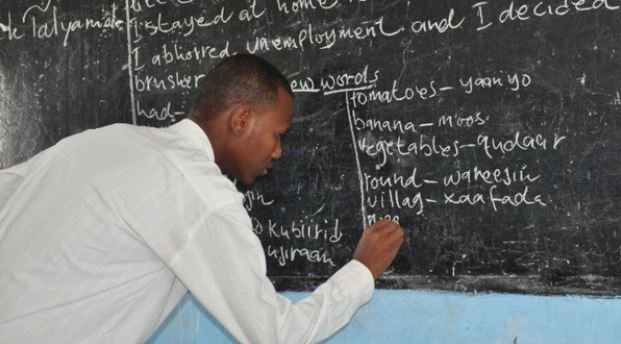The Nigerian educational system, once heralded as a beacon of hope and intellectual growth, has been grappling with a series of challenges that have led to a decline in its quality and effectiveness.
Despite a population with immense potential and talent, the system is plagued by various issues that hinder its progress.
This feature article aims to dissect the reasons behind the failed educational system in Nigeria and propose viable solutions to address these pressing concerns.
Reasons for Failure are;
Underfunding: One of the foremost reasons for the struggling education system is chronic underfunding.
Educational institutions are often allocated inadequate resources, leading to insufficient facilities, outdated curricula, and inadequate teacher training. This scarcity of funds has stifled innovation and hindered the development of a conducive learning environment.
Quality of Teachers: The quality of teachers is a cornerstone of any successful education system. In Nigeria, a shortage of qualified and motivated teachers has emerged due to factors such as low salaries, poor working conditions, and insufficient training opportunities. As a result, students are often deprived of quality instruction that fosters critical thinking and practical skills.
Curriculum Relevance: The existing curriculum in many Nigerian schools has been criticized for being outdated and disconnected from real-world applications. A lack of alignment between educational content and the needs of a rapidly evolving job market has led to a dearth of practical skills among graduates.
Infrastructure Deficiency: Dilapidated infrastructure in schools is a recurring issue, deterring effective learning and overall well-being. Crumbling buildings, inadequate classrooms, and a lack of essential amenities create an unwelcoming environment for both students and educators.
Proposed Solutions include;
Increased Funding: A fundamental step towards revitalizing the education system is a substantial increase in funding. Governments at all levels must allocate a larger portion of their budgets to education, enabling schools to enhance facilities, update curricula, and provide better teacher training.
Teacher Training and Incentives: Improving the quality of educators requires investing in comprehensive training programs that focus on modern teaching methodologies, classroom management, and subject expertise.
Furthermore, offering competitive salaries and improved working conditions can attract and retain skilled teachers.
Curriculum Overhaul; as way of regularly updating the curriculum to reflect current societal needs and technological advancements is crucial. Introducing practical, job-oriented subjects alongside traditional academic disciplines can equip students with relevant skills for a rapidly changing job market.
Technology Integration; Embracing technology can bridge gaps in access to quality education. Online resources, virtual classrooms, and digital learning platforms can provide students with supplementary learning materials and exposure to global educational trends.
Infrastructure Rehabilitation: Initiatives to renovate and modernize school infrastructure are essential. Well-maintained buildings, spacious classrooms, and well-equipped laboratories can significantly enhance the learning environment.
Public-Private Partnerships: Collaborations between the public and private sectors can inject resources and expertise into the education system. Businesses can sponsor educational initiatives, provide internships, and contribute to curriculum development.
Conclusively, Nigeria’s educational system stands at a critical crossroads, facing numerous challenges that hinder its ability to nurture talent, innovation, and national development.
However, with a concerted effort to address underfunding, teacher quality, curriculum relevance, infrastructure, and technology integration, the nation has the potential to transform its education landscape.
By implementing the proposed solutions and prioritizing the empowerment of its youth, Nigeria can steer its educational system towards a brighter and more promising future.
– Audu Divine
Mass Communication Department. Prince Abubakar Audu University, Ayingba




